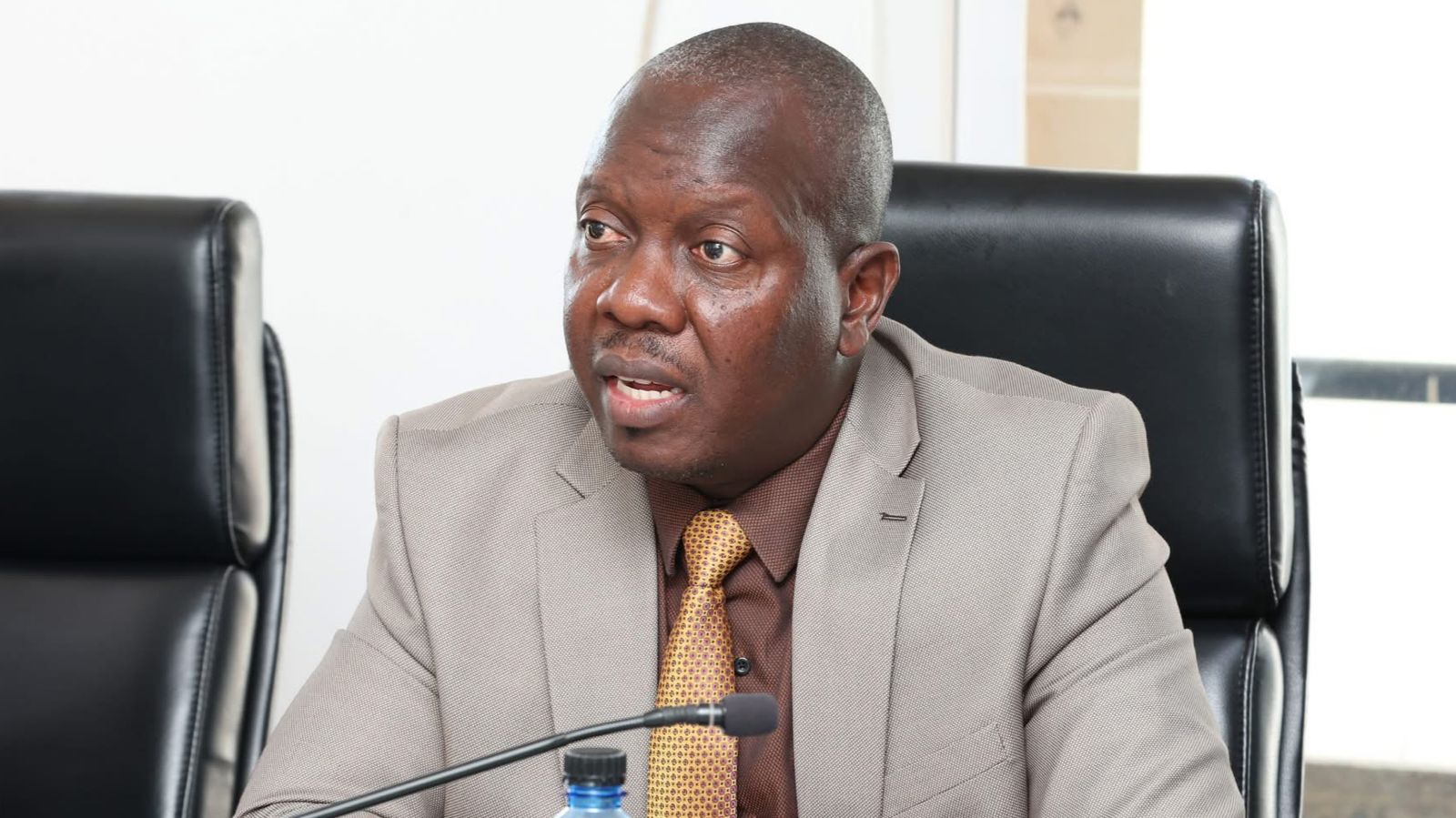
 Director of Public Prosecutions Renson Ingonga/HANDOUT
Director of Public Prosecutions Renson Ingonga/HANDOUTDirector of Public Prosecutions (DPP) Renson Ingonga has defended the controversial decision to charge some protesters with terrorism-related offenses, saying the move is grounded in existing law and based strictly on evidence.
Speaking on Thursday, July 24, Ingonga dismissed allegations that his office is acting on instructions from the Executive or any other external forces.
“The DPP does not work under any direction or authority of anarchy,” he told reporters.
“When the DPP makes a decision, it is not from the Executive. We make our own decisions based on the law and evidence available.”
His remarks come amid public outcry over the use of terrorism laws to prosecute individuals who took part in recent anti-government protests.
Ingonga pointed to the Prevention of Terrorism Act, enacted in 2014, saying the law goes beyond conventional definitions of terrorism, such as bombings.
“Terrorism is not only when you bomb using bombs,” he said.
“If you make acts that are endangering human lives or government installations, that is terrorism.”
He explained that under the law, suspects don’t need to be armed with guns or explosives to be charged with terrorism. Acts like torching government buildings or vandalizing public property can qualify.
“If you torched any government installation, you will be charged with terrorism,” he said.
“We have charged people with terrorism-related offences when they vandalised government installations in North Eastern. It is not only the act of bombing. The act of destroying any government installation is an act of terrorism under the Act.”
Ingonga also referred to recent remarks by Chief Justice Martha Koome, who condemned the burning of the Kikuyu Law Courts during the protests. He said such acts fit the legal description of terrorism and warranted appropriate charges.
Defending the integrity of the prosecutions, the DPP insisted that all cases presented to court so far have met legal standards.
“Ever since we started charging people who are found involved in demonstrations or destroying property or lives, we have never had any charge sheet that is defective,” he said.
“All our charge sheets have been admitted, and all those cases are still pending in court. That is why we cannot discuss them.”
His comments come as the country continues to grapple with tensions following weeks of unrest, with rights groups and opposition leaders accusing the government of using excessive force and criminalising dissent.












